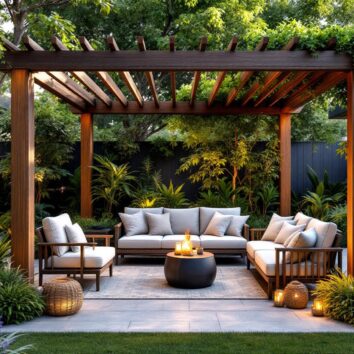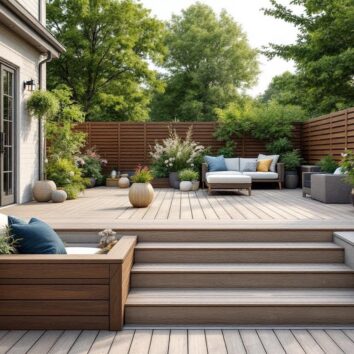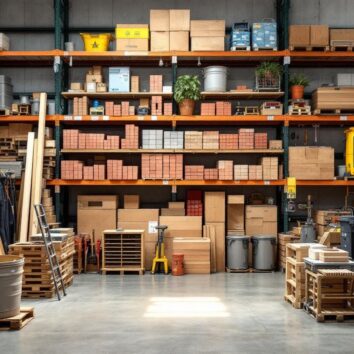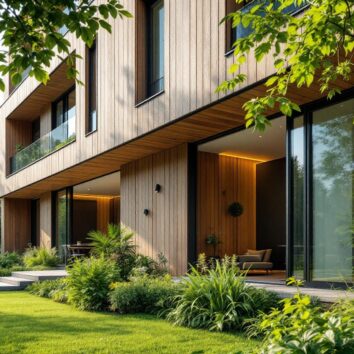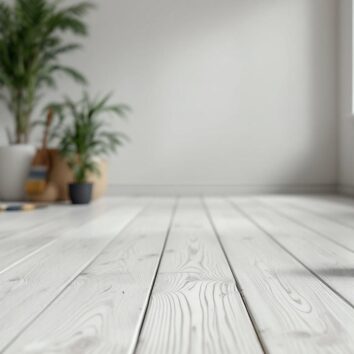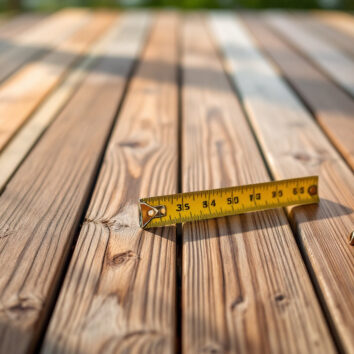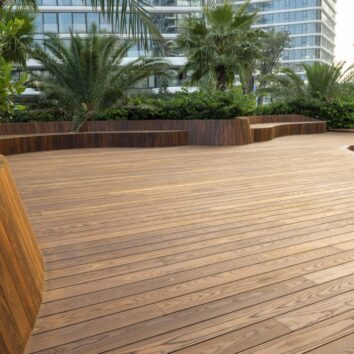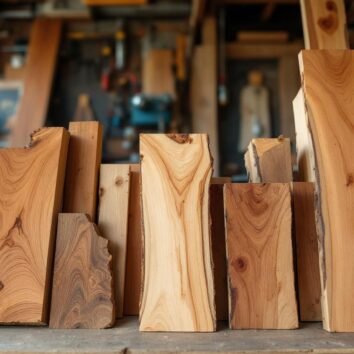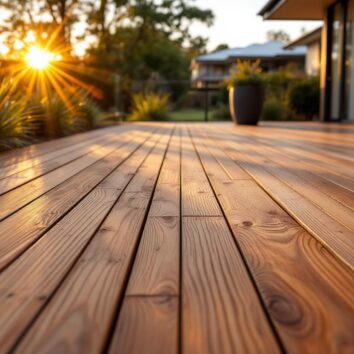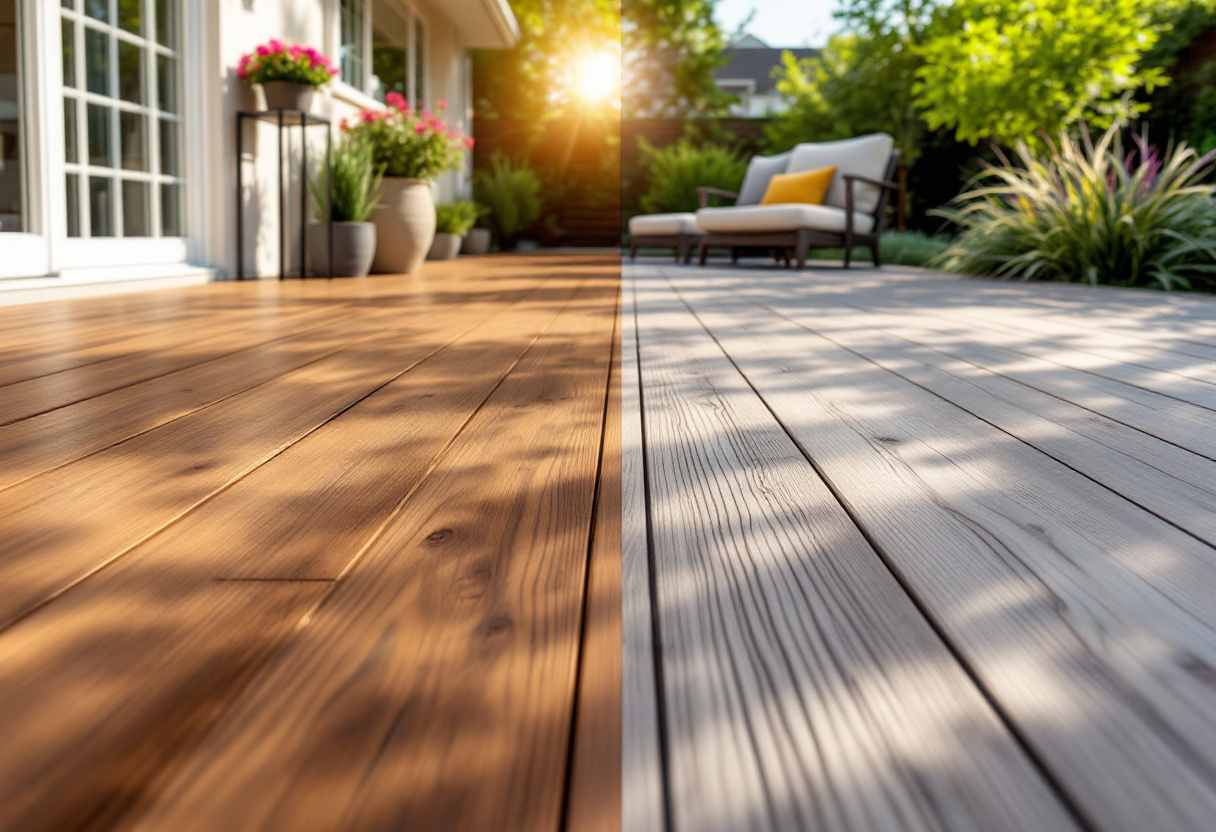
When it comes to enhancing outdoor spaces in Australia, decking remains a popular choice for homeowners and builders alike. Decks provide a functional and aesthetic extension of living areas, perfect for entertaining, relaxing, or simply enjoying the outdoors. However, choosing the right decking material is crucial to ensure durability, appearance, and value for money.
Two of the most sought-after decking options in the Australian market are Merbau timber and composite decking. Each offers unique benefits and considerations, making the decision dependent on your specific needs, preferences, and budget.
Merbau timber, known for its rich reddish-brown hue and natural resistance to termites and decay, is a favorite among those who appreciate the beauty of natural wood. Its durability makes it suitable for various climates across Australia, from the humid tropics to the arid outback. Moreover, Merbau has excellent stability, which means it is less likely to warp or crack over time. However, it does require regular maintenance, including oiling and sealing, to maintain its appearance and prolong its lifespan. This commitment to upkeep is often balanced by the stunning aesthetic appeal that Merbau brings to any outdoor setting, making it a worthy investment for many homeowners.
On the other hand, composite decking is gaining traction for its low-maintenance attributes and eco-friendly composition, often made from recycled materials. This option is particularly appealing for those looking to minimize their environmental footprint while still enjoying a stylish outdoor space. Composite decking is resistant to fading, staining, and splintering, which makes it an excellent choice for families with children or pets. Additionally, it comes in a variety of colors and textures, allowing homeowners to customize their decks to match their personal style and the overall look of their property. While composite decking may come with a higher upfront cost compared to traditional timber, its longevity and minimal maintenance requirements can lead to cost savings over time, making it an attractive option for many Australian homeowners.
Understanding Merbau Decking
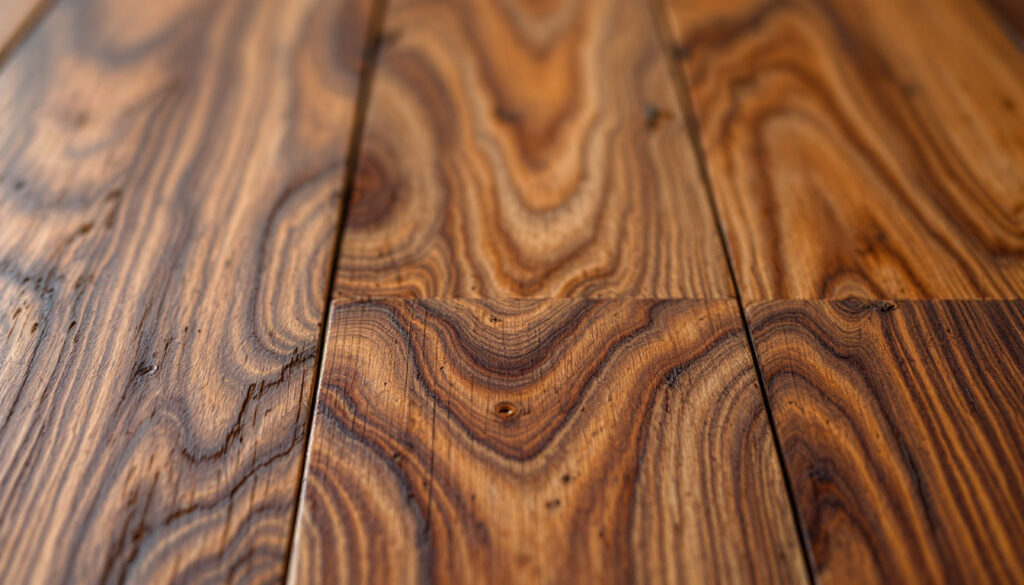
What is Merbau Timber?
Merbau is a hardwood timber native to Southeast Asia and the Pacific region, prized for its rich, warm hues ranging from golden brown to deep reddish-brown. Its dense grain and natural oils make it highly resistant to termites and decay, qualities that have made it a favourite for outdoor applications such as decking.
In Australia, Merbau decking is widely used due to its natural beauty and strength. It offers a classic timber look that complements many architectural styles, especially in homes aiming for a natural or traditional aesthetic. Additionally, Merbau's unique aesthetic appeal is enhanced by its ability to take on a variety of finishes, allowing homeowners to customize the look of their decking to suit their personal style. Whether you prefer a glossy finish that highlights the wood's natural grain or a matte look for a more understated appearance, Merbau can accommodate your design vision.
Durability and Maintenance
Merbau is known for its durability and longevity, often lasting decades when properly maintained. Its natural oils provide some resistance to moisture and pests, but like all timber, it requires regular upkeep. This includes cleaning, sanding, and applying oil or sealant to maintain its colour and prevent weathering.
Without maintenance, Merbau decking can fade to a silver-grey patina, which some homeowners appreciate for its rustic charm. However, if you prefer to retain the timber’s original rich colour, annual oiling is recommended. It's also worth noting that the maintenance routine can vary based on the climate and exposure to the elements; for instance, areas with high rainfall may require more frequent treatments. Moreover, using a high-quality oil specifically designed for hardwoods can enhance the longevity of your decking while also providing a protective barrier against UV rays and moisture, ensuring that your investment remains beautiful for years to come.
Environmental Considerations
One important factor for Australian consumers is the sustainability and sourcing of timber. Merbau is often harvested from tropical forests, and responsible sourcing is critical to avoid contributing to deforestation. Look for suppliers who provide certification such as FSC (Forest Stewardship Council) to ensure your Merbau decking is sustainably sourced.
In addition to seeking certified sources, consumers can also consider the environmental impact of their decking choices by exploring alternative materials or composite options that mimic the look of Merbau while being made from recycled materials. These alternatives can provide a similar aesthetic without the ecological footprint associated with harvesting natural timber. By being mindful of where and how your decking is sourced, you can contribute to a more sustainable future while still enjoying the beauty and functionality that Merbau decking offers.
Exploring Composite Decking
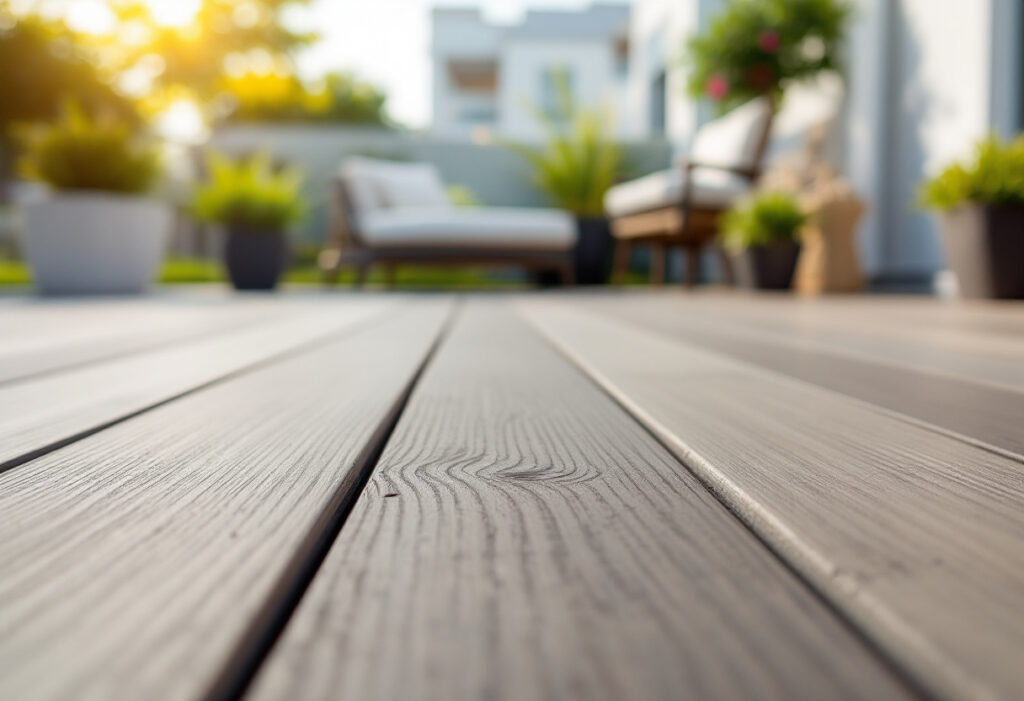
What is Composite Decking?
Composite decking is a man-made material typically composed of a blend of recycled wood fibres and plastic. This combination creates a decking product designed to mimic the appearance of natural timber while offering enhanced durability and reduced maintenance requirements.
Benefits of Composite Decking
Composite decking offers several advantages over traditional timber:
- Low Maintenance: Unlike timber, composite decking does not require sanding, staining, or sealing. A simple wash with soap and water is usually sufficient to keep it looking fresh.
- Durability: Composite decking resists weathering, fading, and warping, making it ideal for Australia’s diverse climates—from humid coastal regions to dry inland areas.
- Eco-Friendly: Many composite products use recycled materials, reducing environmental impact.
- Safety: Composite decking is less prone to splinters, making it safer for families with children and pets.
Potential Drawbacks
Despite its many benefits, composite decking also has some considerations:
- Cost: Composite decking typically has a higher upfront cost compared to timber, though this can be offset by lower maintenance expenses over time.
- Heat Retention: Composite materials can become hotter under direct sunlight, which may affect comfort during Australian summers.
- Appearance: While modern composites have improved in mimicking timber’s look, some purists prefer the natural grain and texture of real wood.
Comparing Merbau and Composite Decking
Cost and Value for Money
Merbau decking generally has a lower initial cost than composite decking, making it attractive for budget-conscious projects. However, ongoing maintenance costs such as oiling and potential repairs should be factored in. Composite decking, while more expensive upfront, offers savings over time due to minimal maintenance and longer lifespan.
For Australian homeowners, considering the total cost of ownership is essential. If you prefer a “set and forget” approach, composite decking may provide better long-term value despite the higher initial investment.
Durability and Lifespan
Both Merbau and composite decking are durable options suitable for Australian outdoor environments. Merbau’s natural oils and dense grain provide excellent resistance to rot and insects, but it remains vulnerable to weathering and requires regular maintenance.
Composite decking excels in resisting moisture, UV damage, and pests, often lasting 25 years or more with minimal upkeep. Its synthetic composition makes it less prone to cracking or warping, common issues with timber in harsh climates.
Aesthetic Appeal
Merbau offers a timeless, natural timber look with rich colours and grain patterns that age gracefully. For those who love the authentic feel of wood, Merbau is hard to beat.
Composite decking comes in a variety of colours and finishes, some closely resembling timber. It allows for more consistent colour and texture across the deck, which can be advantageous for modern designs seeking uniformity.
Environmental Impact
Environmental considerations are increasingly important for Australian consumers. Merbau’s sustainability depends heavily on responsible sourcing, so verifying certification is critical.
Composite decking often incorporates recycled materials, reducing waste and reliance on virgin timber. However, it is a plastic-based product, which may raise concerns about microplastics and end-of-life disposal.
Choosing the Right Decking for Your Australian Home
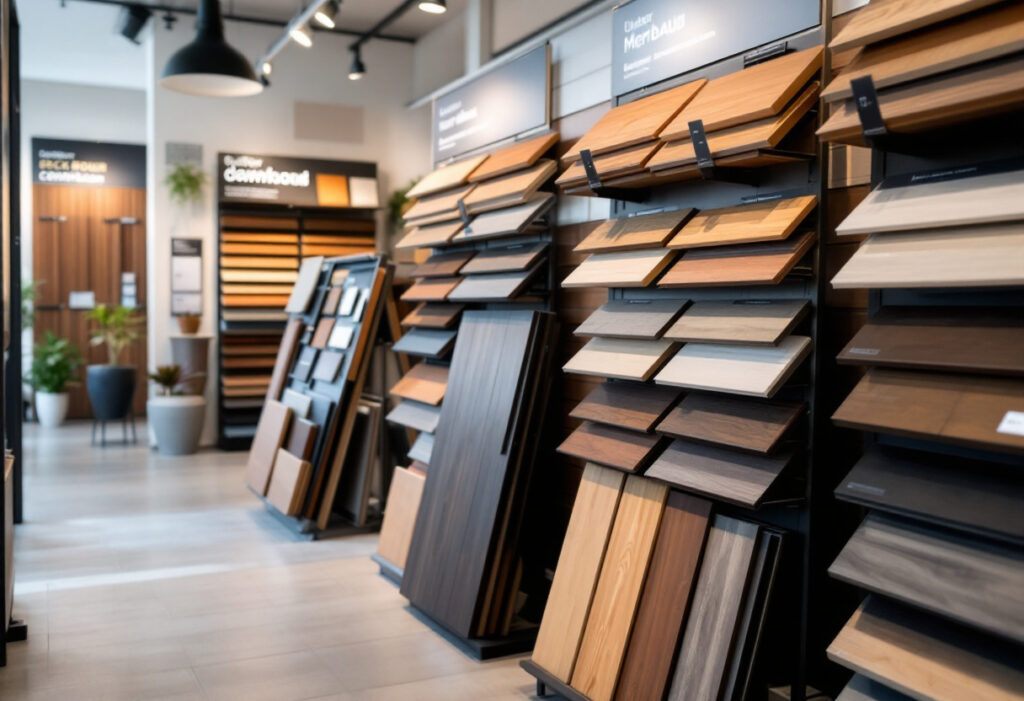
Consider Your Climate and Location
Australia’s vast climate variations mean that decking materials must be chosen with local conditions in mind. Coastal areas with high humidity and salt exposure may benefit from composite decking’s resistance to moisture and corrosion. Inland regions with intense sun and dry conditions might favour Merbau’s natural durability and heat tolerance.
Maintenance Commitment
Assess how much time and effort you are willing to invest in maintaining your deck. If you enjoy regular upkeep and prefer the look of natural timber, Merbau is an excellent choice. For those seeking minimal maintenance, composite decking offers a practical alternative.
Budget and Project Scale
For large-scale projects or commercial applications, the durability and low maintenance of composite decking can justify the higher initial cost. Smaller residential decks or DIY projects might lean towards Merbau due to its lower upfront price and ease of working with hand tools.
Design and Aesthetic Preferences
Consider the overall style of your home and outdoor space. Merbau’s warm tones and natural grain complement traditional and rustic designs, while composite decking’s versatility suits contemporary and minimalist aesthetics.



































